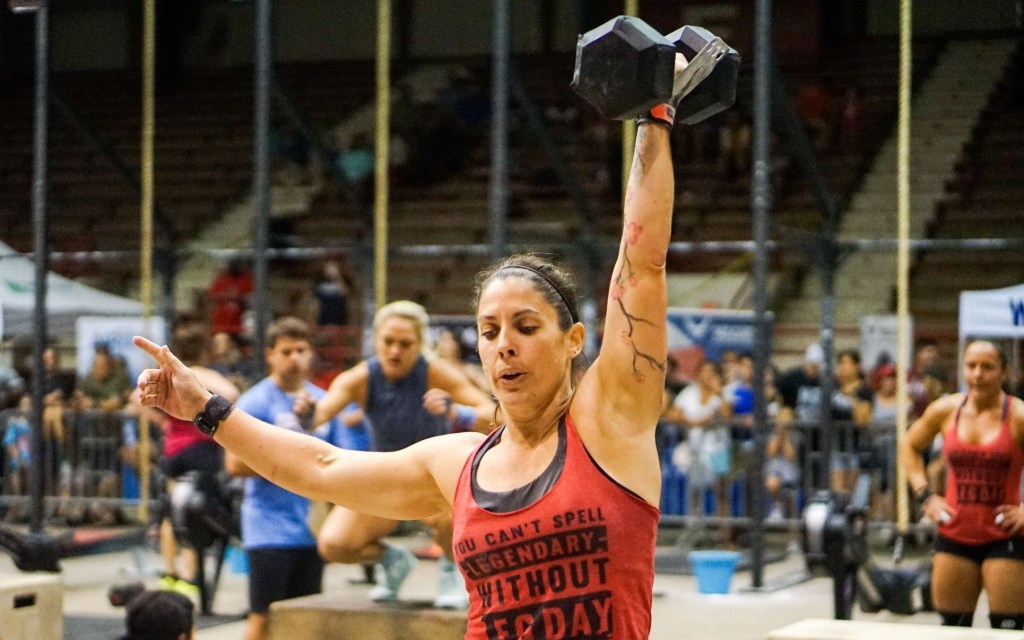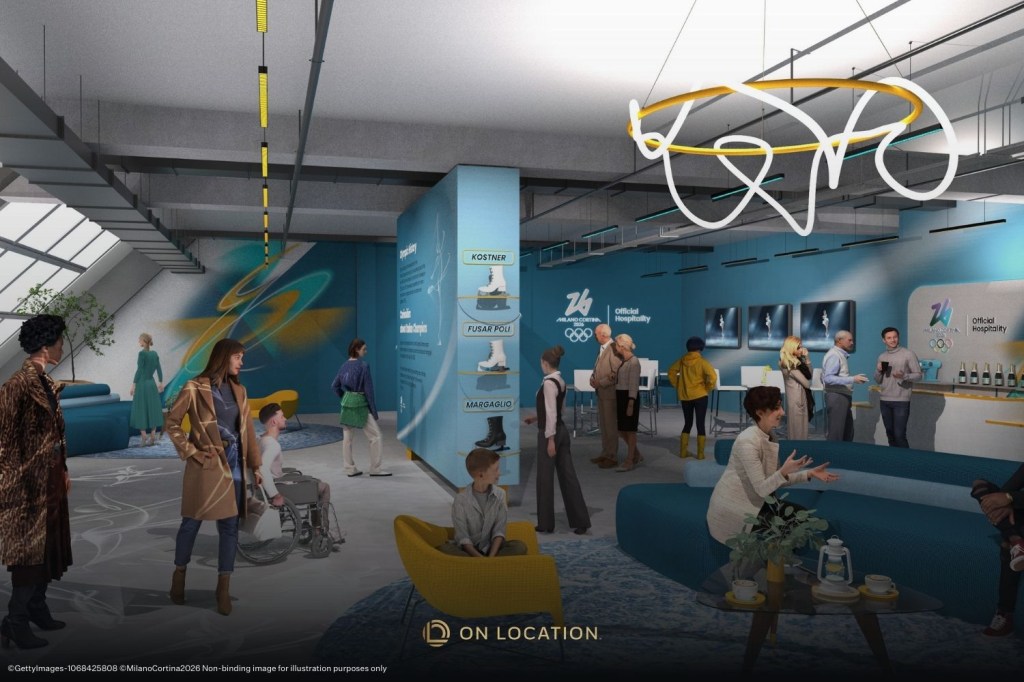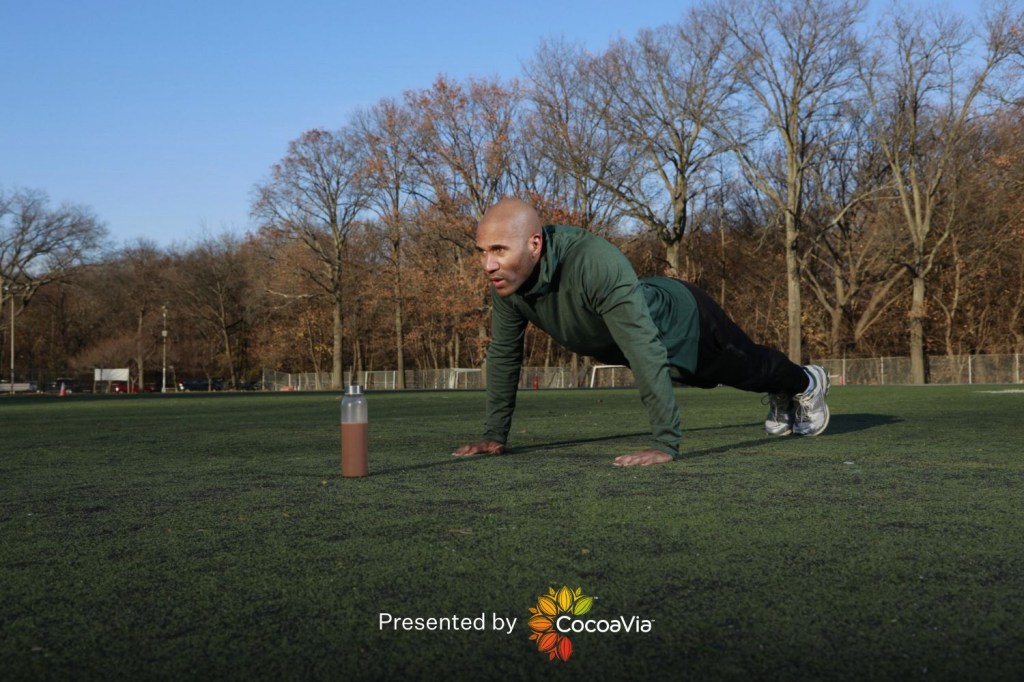By: Mike Mackin, @MMackin17

Front Office Sports is proud to have sat down with Jonathan Levitt, an avid marathoner and Sales Executive for InsideTracker. A graduate of UMass Amherst, Jonathan has been actively involved with sport and lifestyle nutritional products and has had the opportunity to work with NHL, MLB and NFL teams/athletes, as well as Olympians. He began running marathons competitively two years ago, so not only does he sell the products, he uses them too! Jonathan was gracious enough to offer his time to speak to Front Office Sports about the importance of networking, how to stand out amongst the competition and why stepping out of your comfort level can be a good thing.
You enjoy running? Ever wanted to do the Boston Marathon?
Yeah so I was working for a company at the time that was a main customer that used their products for marathons, and I had never run a marathon, so I didn’t really know how to answer questions, so I decided that I may as well run a marathon. And I’ve ran three and I’ve become pretty invested in the running world and have met some pretty incredible people, whether they’re average Joe’s or elites, or somewhere in between. It hass brought me to some pretty cool places as well.
So you’ve mentioned you’ve met a lot of different people. How have you been so successful branching out to so many both in your job and in your personal life?
I just do it I guess. I use Twitter to reach a lot of these people, I go to races and meet athletes there and reach out to them. How I mentioned prior, I’ll be there whether it’s with the company I was at; I’ve done that with both of the companies I’ve worked for that have been into endurance racing. And it works really well. Sometimes I’ll tag people in a photo and something like that and they’ll thank you for the photo or say that they’re up for learning about InsideTracker. I’ve done that at a couple of races, most recently at the Philadelphia marathon and I’ll be doing the same thing at the Los Angeles marathon. I’m actually putting together a little hospitality event prior to the Olympic Trials out in LA hosting a handful of elites and pros.
You mentioned you’re big into social media for personal and business use. Have you seen any benefits or drawbacks from younger individuals looking to break into the industry; something they should be doing or shouldn’t be doing?
They definitely should be active and should be networking and connecting with people; you never know who you’ll reach. I’ve had conversations with people that who you’d think, ‘it’s just not possible to get ahold of this person.’ But it is possible.
What difference have you seen working behind the scenes in marketing and operations similar to your Boston Bruins internship to now where you’re leading sales with InsideTracker?
Sales is a lot of fun and it’s a great way to get feedback on the product or the program that you’re working on directly from people who are potentially using it or don’t want to use it. I’ve had a lot of fun in that role. The marketing experience was a good one. You can learn a lot in different types of positions and sort of figure out where you want to be. The interesting thing is that my boss sort of pegged me as someone I didn’t expect. I thought I was a social media person; a social media specialist and that was my role but he said, ‘no, you’re a sales guy that uses social media.’ I said, “I don’t know that I believe you,” but here I am thirteen months later and I definitely believe him.
What do you see as some of the biggest challenges for people today trying to break into the industry? Do they not have a narrow focus on what they want to do, are they apprehensive about it?
You just have to work like a dog. Work harder and smarter, not just one or the other. There are so many people that are looking to get into sports business. I saw a tweet the other day saying that for one position with a team, there were 750 people that applied for a $30,000 position. There are people out there fighting and willing to not make very much money and work long hours to get into the industry.
So would you have any advice how to stand out if you were one of those 750? How do you stand out amongst everyone else?
Do things that you’re passionate about so it’s not just a job. In college, I wanted to play baseball, so I started a baseball league at UMass Amherst that had 150 kids playing and we raised sponsorships and had a couple local businesses put in a significant amount of money compared to what we were expecting for naming rights and things like that. So do something that makes you happy and do things that you want to do and see where it takes you.
You wanted to play baseball, made the league and started out with that. Did you always know you wanted to work in sports, or how did you actually get going career-wise with it?
I went to UMass for sport management and I did that because I wanted to work in sports. At the time I wanted to work for a team. I interned with the [Boston] Bruins and decided I wanted to work in sports but not necessarily for a team. My first job was working with a sport nutrition product, so that was a way to work with teams in a different capacity; trying to work with the athletes rather than in sales and marketing for a team. Now I do something similar, just with even more teams for InsideTracker.
What are some qualities that you’ve seen with either people you’ve worked for or worked with or any competitors that can attribute to their success or even to their downfall?
Anything is possible. I know it’s cliché, but if you want something enough, you’ll figure out a way to make it happen. Anyone is reachable and you can get in touch with people at these organizations, whether they’re entry level or the decision makers. I don’t take no for an answer from a business standpoint; there’s always a way to make something work for both people.
What advice would you give to someone right now either getting ready to enter school or getting ready to enter into the workforce who might not have any idea of what they want to do?
Just try a bunch of things. You’ll figure out what excites you, what makes you happy and what you don’t like and doing it for internships is much better than figuring it out when you have bills to pay.
Do you have any future goals of what you want to do? Do you want to stay with sales or do you want to branch out farther off from that?
Yeah, so I like sales a lot! It’s fun because you’re able to speak directly to people who are using your product and potentially change the way that the product works based on feedback. Right now, I do a lot of work with professional sports teams, so we have a great ability to impact the lives and athletic performance of pro athletes. Everyone looks up to pro athletes, so by doing something positive for them, other people will hear about it and have a chance to learn about something that might change their lives as well. It’s a cool power; a cool responsibility that we have to do this right.
You say you run competitively. Has that helped you, with the athletic background, in the workplace at all?
Yeah, we also work with a lot of pro and elite level runners and endurance athletes. Time and time again I hear from them, hey, it’s great to talk with someone that is eating their own dog food, so to speak, and knows about what the problems are or the quirks of using a program like this for running. Essentially what we do is provide ultra-personalized nutrition and lifestyle guidance based on whatever your goals are. For example, runners have additional iron needs compared to the everyday person; additional caloric needs and additional nutritional needs in general, so we’re able to provide those types of recommendations.
By being able to talk the talk with these types of athletes, it’s much more effective. I can get on the phone with a guy who’s out there running one hundred miles a week or fifty miles a week and I can do that too. We’re on the same level; might not be going as fast, but I am definitely familiar with some of the ins and outs of training and what these guys are going through on race day or 2PM in the afternoon. It allows me to explain how our product is able to help, based on my own experience, and I think that’s invaluable. You can’t fake that.
You can follow Jonathan on Twitter here or connect with him on LinkedIn here!

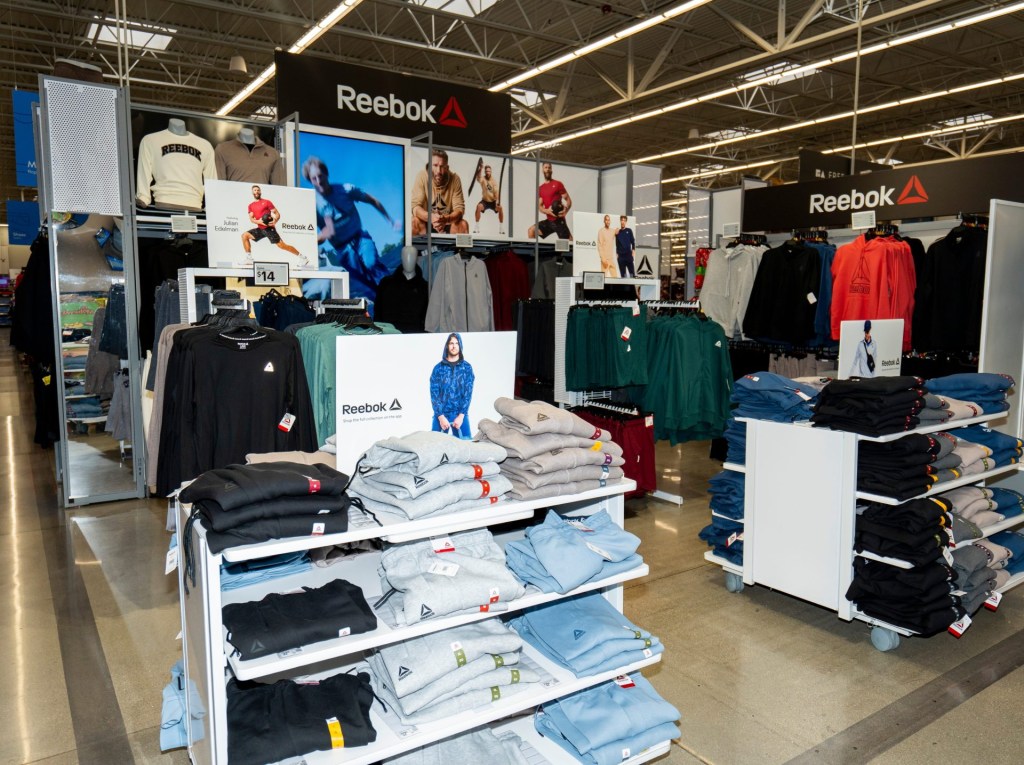
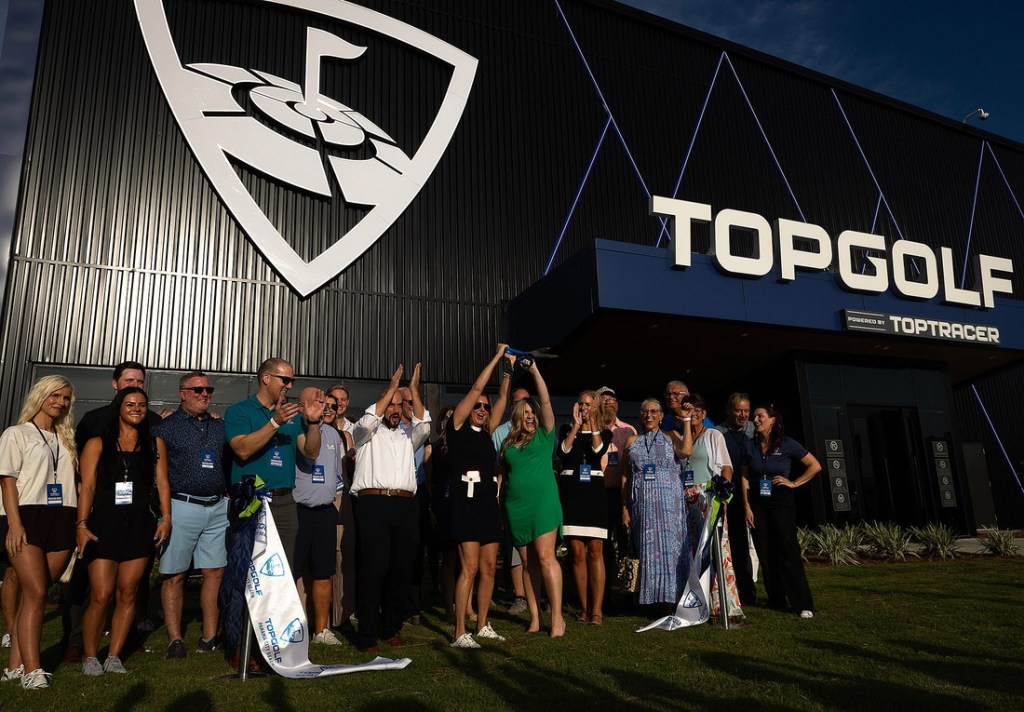

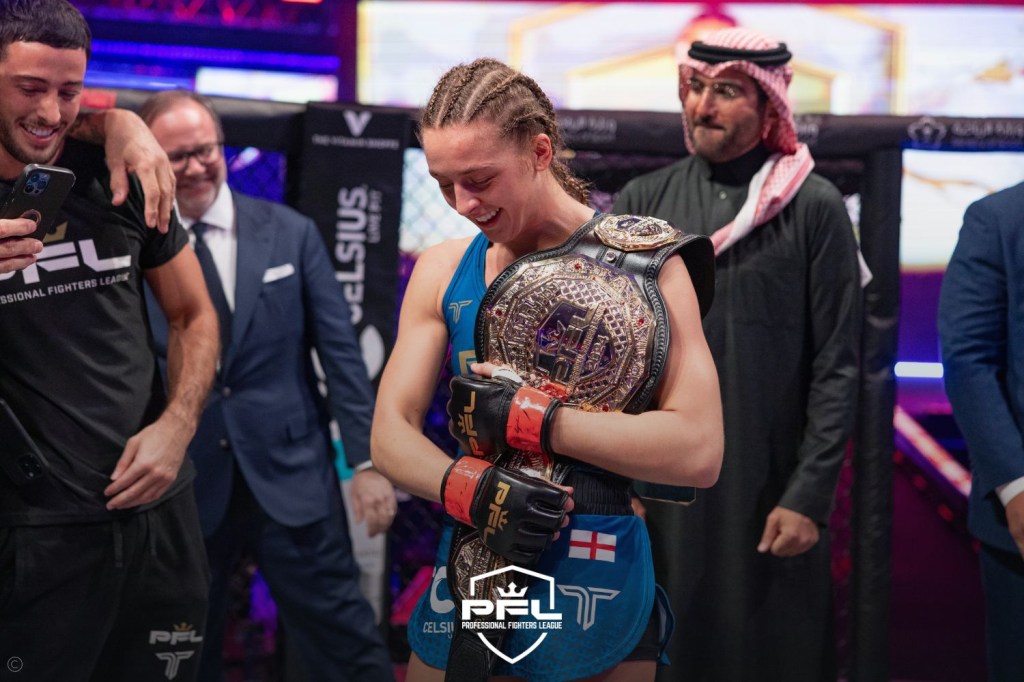


![[Subscription Customers Only] Jun 15, 2025; Seattle, Washington, USA; Botafogo owner John Textor inside the stadium before the match during a group stage match of the 2025 FIFA Club World Cup at Lumen Field.](https://frontofficesports.com/wp-content/uploads/2026/02/USATSI_26465842_168416386_lowres-scaled.jpg?quality=100&w=1024)
![[Subscription Customers Only] Jul 13, 2025; East Rutherford, New Jersey, USA; Chelsea FC midfielder Cole Palmer (10) celebrates winning the final of the 2025 FIFA Club World Cup at MetLife Stadium](https://frontofficesports.com/wp-content/uploads/2026/02/USATSI_26636703-scaled-e1770932227605.jpg?quality=100&w=1024)




